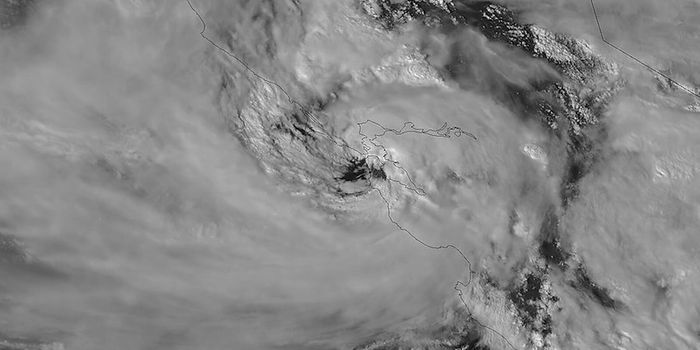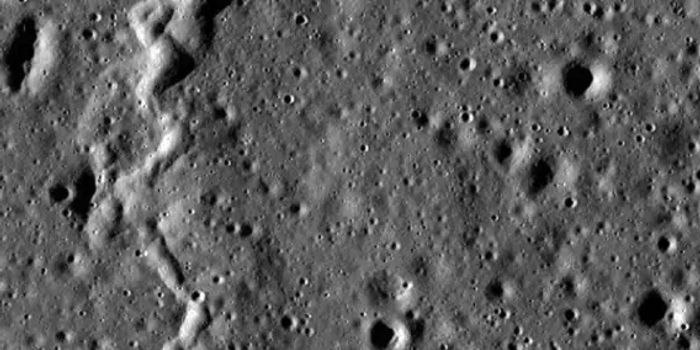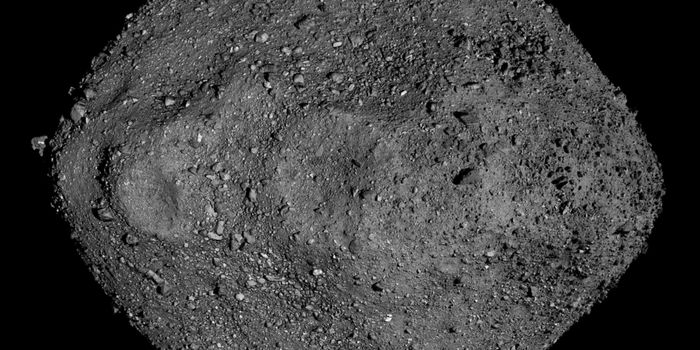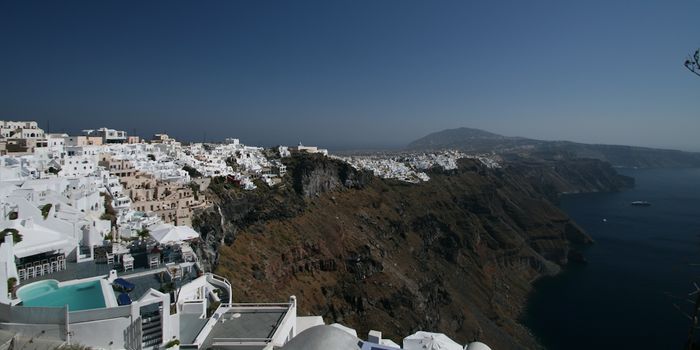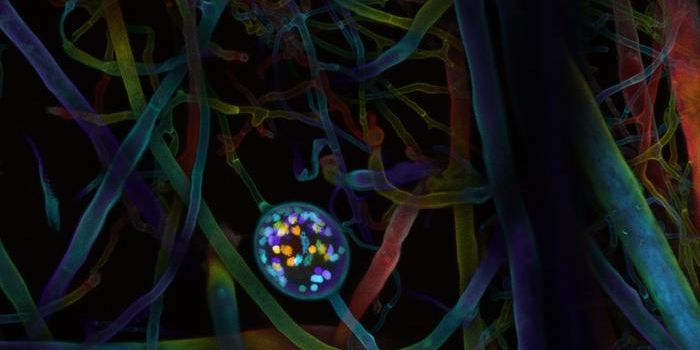Humans Causing "Blue Acceleration" on Ocean Resources
Humans have depended on ocean resources for centuries. However, a recent analysis of the state of the ocean showed a sharp acceleration in human pressures at the beginning of the 21st century. A new study from researchers from the Stockholm Resilience Centre at Stockholm University has quantified this amount of human pressure. They’re calling it “the blue acceleration” defined as, “a race among diverse and often competing interests for ocean food, material, and space.”
In an article from the Stockholm Resilience Centre regarding the study, lead author Jean-Baptiste Jouffray said, “claiming ocean resources and space is not new to humanity, but the extent, intensity, and diversity of today’s aspirations are unprecedented.” The effects of blue acceleration result in destructive ocean changes such as ocean acidification, marine heating, coral reef destruction, and plastic pollution. According to the study, the blue acceleration is already showing significant social and ecological consequences “from the shoreline to the deep sea.”
The results of this comprehensive analysis were recently published in the journal One Earth. To assess the scope of human pressures on the ocean, the research team analyzed fifty years’ worth of data from shipping, drilling, deep-sea mining, aquaculture, bioprospecting, and other marine industries. Viewed through the lens of ocean “claims,” the researchers were able to summarize their findings based on humanity’s three fundamental needs: space, food, and material. A vital material from the ocean is oil, which accounts for more than two-thirds of the total ocean economy. Sand and gravel are mineral materials also in high demand, due to the rise in the construction industry.
While placing claims to food, materials, and space of the ocean is not a new concept, the research team states that the current rate of placing these claims is “unfolding with unprecedented diversity and intensity.” Additionally, as the blue acceleration quickens, it leads to a “range of synergistic, antagonistic, and additive interactions between claims.”
According to the Stockholm Resilience Centre, the authors conclude their study by focusing on who is driving the blue acceleration, who or what is financing it, and who is benefiting from it. The research team hopes that the United Nations’ “decade of the ocean” starting in 2021 will be an opportunity to assess the impacts of blue acceleration and plan for long-term sustainability.
Sources: Stockholm Resilience Centre, One Earth



